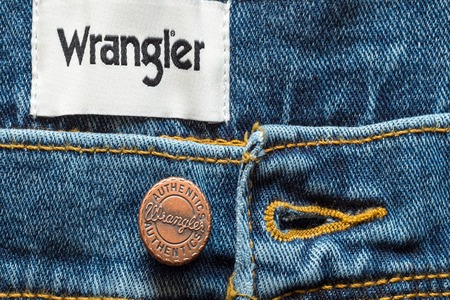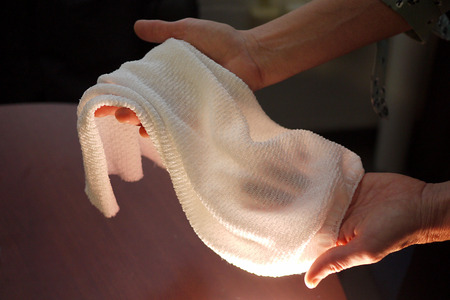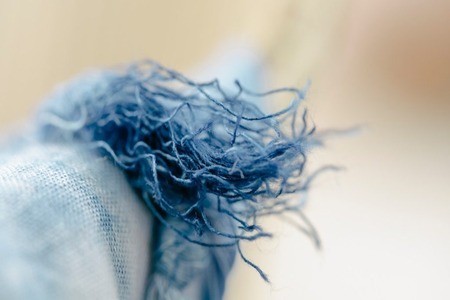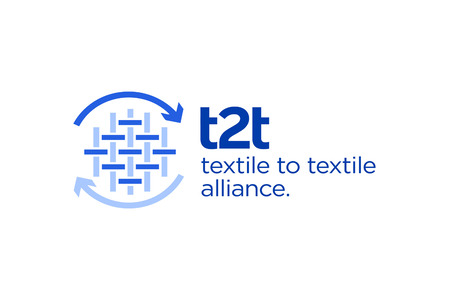VTT develops new production method to turn waste cotton into new fiber
YarnsandFibers News Bureau 2015-09-23 17:00:00 – FinlandA group of Finnish organizations have launched a project in the course of which the new production technique, cellulose dissolution developed by VTT Technical Research Centre of Finland, the largest multidisciplinary research organization in Northern Europe will be tried out in practice at all stages of the value chain during 2015 and 2016.
Using a cellulose dissolution technique developed by VTT, old worn-out cotton clothing can be turned into new fibres for the textile industry. Cellulose wet-spinning is due to begin at VTT's pop-up plant in Finland in October. The first clothing line made of the new recycled fibres will be out towards the end of 2016.
Advancements in recycling technology are challenging both consumers and businesses: Organic waste in the form of clothing may as of 2016 no longer be disposed of by landfill. The Circular Economy of Textiles (TEKI) project is aimed at piloting and modelling a closed-loop ecosystem in line with the principles of the circular economy, which will form the basis of a new way to make industrial use of textile waste that cannot be reused.
VTT and Ethica have brought together a group of Finnish organizations representing different activities in the value chain for the purpose of the TEKI project. The common goal of the organizations is to promote the recycling of textiles while adding value to their business activities or creating new business. Ethica's role in the project is to research and model the potential of a closed-loop textile ecosystem more comprehensively and to gauge consumers' interest in operating models that are based on the principles of circular economy and recycled materials. The project also aims to study the technological requirements of dissolution-based recycling.
Cotton that is not suitable for reuse can be dissolved to make cellulose solution, which can be turned into new fibre. Cellulose fibre can be produced using the same technique and equipment as has been used to make viscose fibre for decades, but the new production technique is considerably more environmentally friendly than the technique used for viscose, as no carbon disulphide is needed in the dissolution process. Compared to virgin cotton, the new technique also reduces the water footprint by more than 70% and the carbon footprint by 40-50%.
The wet-spinning phase of the project is due to begin in a month's time in a factory in Valkeakoski that has not been in use for a couple of years. Work done prior to this phase involves processing and dissolving pre-processed waste textiles. This is the first time that cellulose solution made from recycled materials is being wet-spun in an industrial scale. The fibre will be used to make new knitted fabrics said VTT’s Senior Scientist Pirjo Heikkilä, who is responsible for coordinating the TEKI project.
The pilot phase of the TEKI project began in May 2015. Helsinki Metropolitan Area Reuse Centre Ltd has collected and pre-processed cotton textiles thrown away by consumers that could not be reused as clothing or used as material for recycled products. SUEZ has crushed and ground the material. The TEKI project is funded by Tekes and the participating businesses.
VTT is currently in the process of turning the material into a cellulose carbamate solution using a technique developed in-house and will be fiberising the solution in Valkeakoski in October-November 2015. Pure Waste will turn the fibres into thread and the thread into knitted fabrics.
Seppälä Ltd will design and produce a line of prototypes and, once the pilot phase of the project has been completed, manufacture a commercial clothing line for its customers towards the end of 2016.
Market Intelligence
Ask for free sample Report

experience
Customer Base
dedicated team
Countries Served Worldwide









